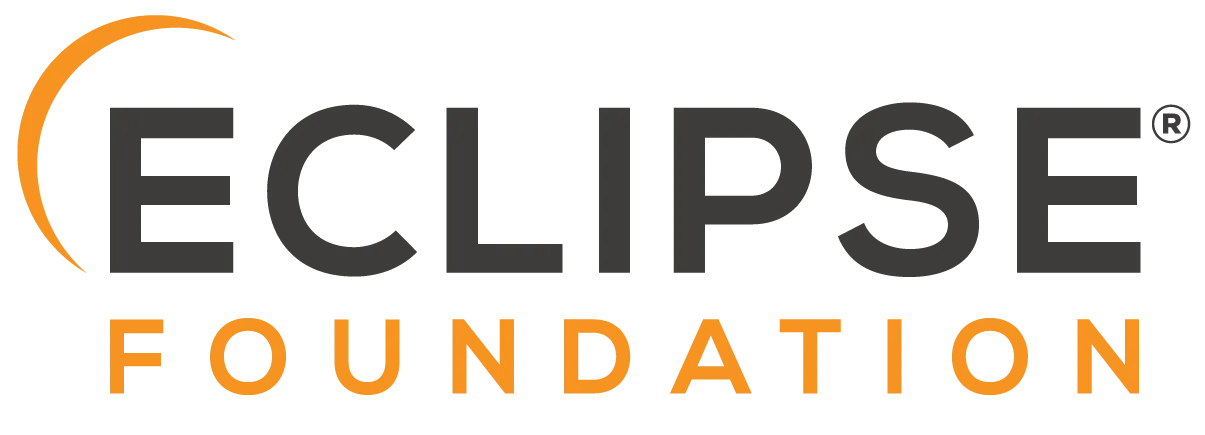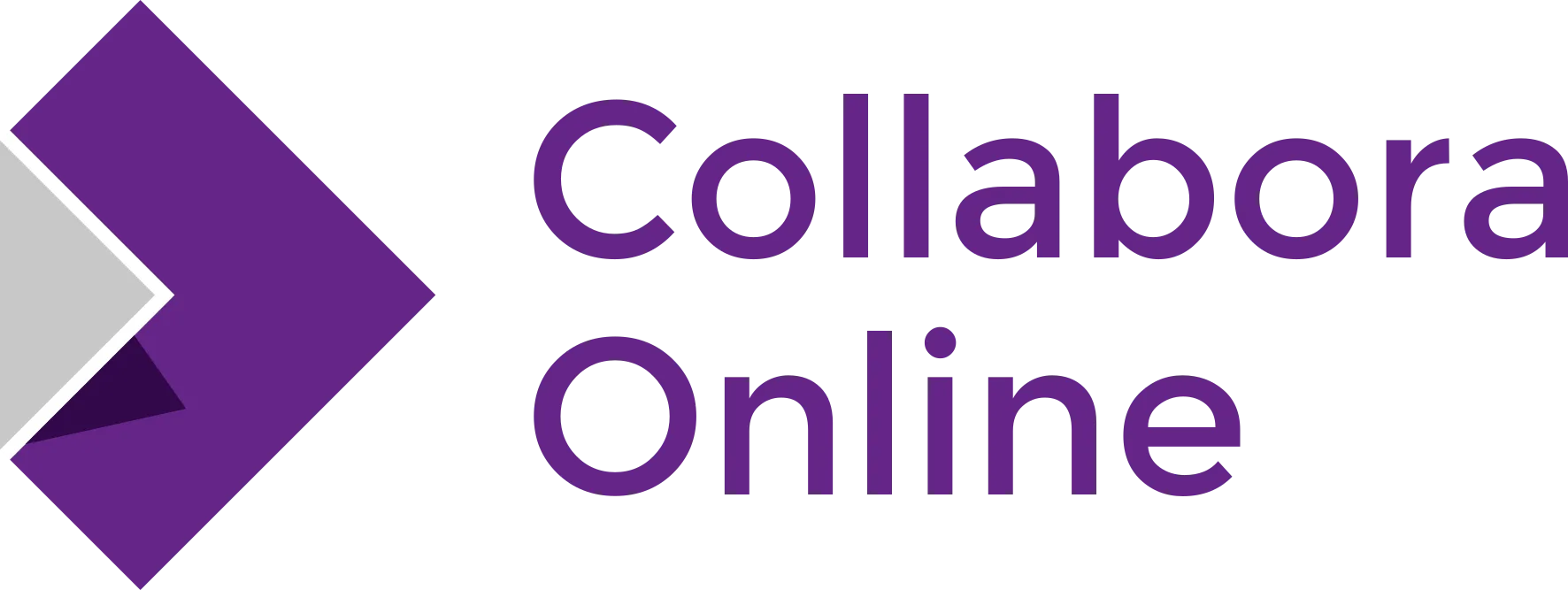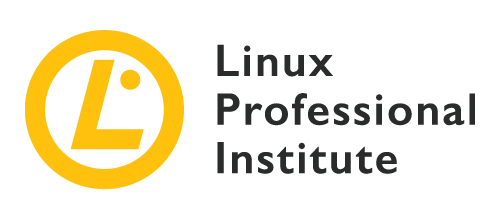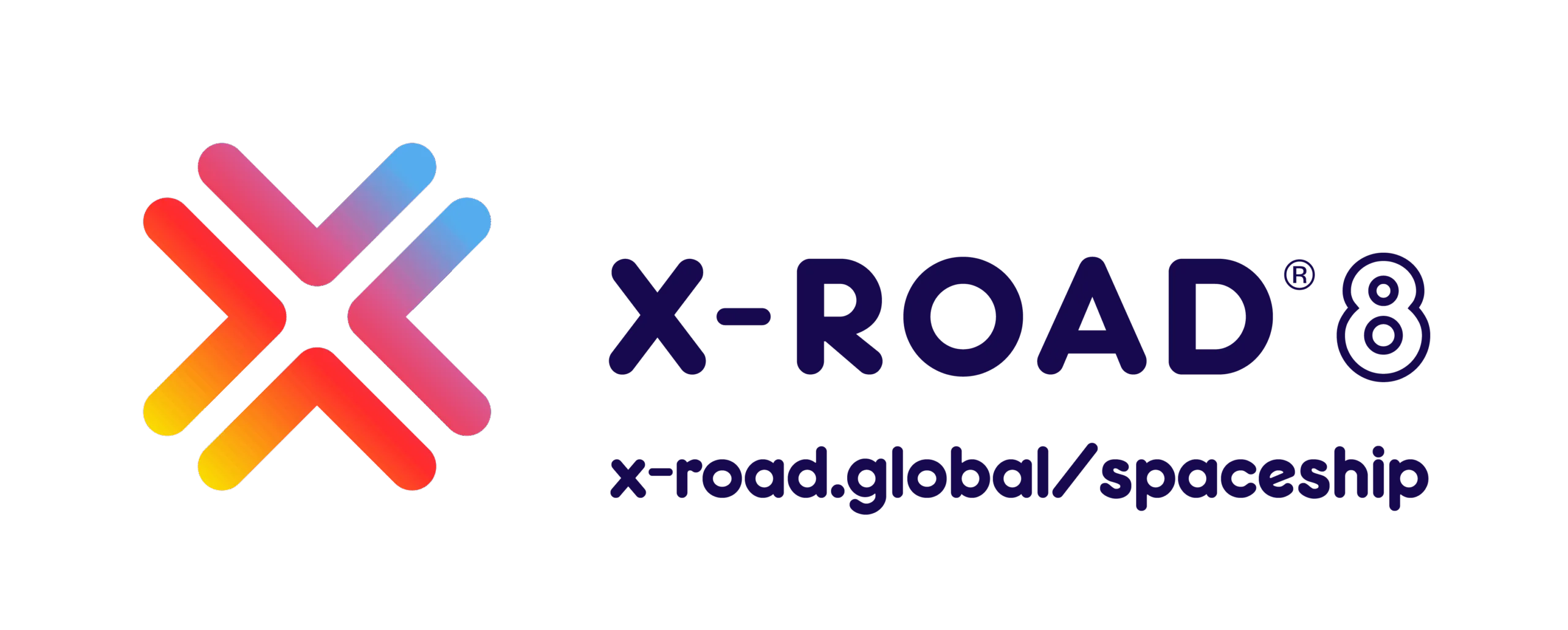January 30 / 9:00 - 18:00 CET
EU Open Source Policy Summit 2026
Digital Sovereignty Runs on Open Source
Europe is confronting fundamental questions about its digital sovereignty — a concept that now encapsulates the full range of its strategic challenges: competitiveness, market concentration and dependency, and systemic resilience. The 2026 edition of the EU Open Source Policy Summit will bring together leaders from the public and private sectors to focus on one clear proposition: open source delivers digital sovereignty.
This year’s programme will address the full spectrum of policy and implementation challenges currently shaping the digital agenda:
- The automotive sector’s shift to collaborative software development
- Open source security, in the context of the CRA and the European Sovereign Tech Fund
- The evolving cloud market: from lock-in and interoperability to public sector procurement and the EuroStack
- The need for trusted, open infrastructure for AI, digital identity, and essential public services
- The role of public sector OSPOs as engines of institutional capability
- The case for a Fourth European Standardisation Organisation (ESO) to support open development
- Opportunities for open source to support chip-level innovation — from CUDA alternatives to RISC-V
The EU Open Source Policy Summit is set for 30 January 2026 in Brussels and will be accessible online.
Henna Virkkunen
Dirk Schrödter
Gabriele Columbro
Máirín Duffy
Frank Feldmann
Mike Milinkovich
Felix Reda
Speakers
-
Fabrizia Benini
Head of the Future Internet Unit, Directorate General for Communications Networks, Content and Technology, European CommissionMore -
Thibaut Kleiner
Director, DG Connect, European CommissionMore -
Manuel Mateo Goyet
Acting Head of Unit CNECT.E.2, European CommissionMore -
Aura Salla
Member of the European Parliament (EPP)More -
Alexandra Geese
Member of the European Parliament (Greens/EFA)More -
Michał Kobosko
Member of the European Parliament (Renew Europe)More -
Pamela Krosta-Hartl
Managing Director, ZenDiSMore -
Leontina Sandu
Head of Unit, Interoperability and Digital Government (DIGIT.B.2), European CommissionMore -
Lucian Balea
Deputy Director of R&D and Open Source Director, RTEMore -
Deborah Bryant
Interim Executive Director, Open Source InitiativeMore -
Baddý Sonja Breider
Board Chair, DrupalMore -
Mario Campolargo
Invited Full Professor, University of AveiroMore -
Supriya Chitale
Open Source Program Office Manager, IKEA GroupMore -
Shane Coughlan
Member of the General Assembly, OpenForum EuropeMore -
Dr. Sachiko Muto
Chair, OpenForum EuropeMore -
John Ellis
President & Head of Product, CodethinkMore -
Frank Feldmann
Chief Strategy Officer, SUSEMore -
Dr. Jochen Friedrich
Technical Relations Executive, IBMMore -
Andrea Gallo
CEO, RISC-V InternationalMore -
Dr. Ing Sara Gallian
Senior Manager, SDV & Automotive Programs, Eclipse FoundationMore -
Nicholas Gates
Senior Policy Advisor, OpenForum EuropeMore -
Daniel Glazman
CTO Software, ThalesMore -
Paula Grzegorzewska
Senior Manager, Strategic Partnerships, Linux Foundation EuropeMore -
Jutta Horstmann
Co-CEO, Heinlein GroupMore -
Frank Karlitschek
Founder and CEO, NextcloudMore -
Dominic Laurie
Senior Director of Corporate Communications, SUSEMore -
Johan Linåker
Senior Researcher, Research Institutes of SwedenMore -
James Lovegrove
Director of Public Policy, EMEA & APAC, Red HatMore -
Liv Marte Nordhaug
CEO, Digital Public Goods AllianceMore -
Max Mehl
Open Source Governance & Strategy, Deutsche BahnMore -
Arnau Monterde
Director of Participation and Innovation for Democracy, Barcelona City CouncilMore -
Amandine Le Pape
COO and co-founder, ElementMore -
Ritesh Paiboina
Chief Technology Officer Open Telekom Cloud, T-Systems InternationalMore -
Marc Palazon
CEO, Smile GroupMore -
Sebastian Raible
Director EU Government Affairs, APELL – The European Open Source Software AssociationMore -
André Rebentisch
Software project and programme managerMore -
Daniel Stenberg
President, European Open Source AcademyMore -
Ruth Suehle
President, Apache Software FoundationMore -
Christian Wege
Manager Open Source Software, Mercedes-Benz Group AGMore -
Dr. Detlef Zerfowski
Vice President, ETASMore
Agenda
Registration and coffee
Opening
Keynote: Henna Virkkunen
Keynote: Dirk Schrödter
Panel: Europe’s Software Challenge
Industrial policy is once again at the centre of Europe’s strategic agenda — in Brussels and across Member States. Yet while hardware, physical infrastructure, and data centre strategies are comparatively established, software requires a distinct approach. Competitiveness and sovereignty in software depend on long-term capability, open collaboration, and public–private alignment.
This opening discussion will explore how openness can underpin a European software policy that enables innovation, reduces dependency, and strengthens digital sovereignty. Bringing together policymakers, government leaders, and industry executives, the panel will consider how Europe can position its software ecosystem as a pillar of industrial strength and what frameworks are needed to make openness a defining element of European competitiveness.
Sponsor Keynote: SUSE
Panel: Europe as the World’s Home for Open Source
Can Europe position itself as the global home of open source excellence — and what would it take to make that ambition real? This session will examine how Europe’s regulatory frameworks, investment instruments, and research policies interact with the open source ecosystem, and what conditions are needed to sustain innovation at global scale.
Panellists will discuss the role of initiatives such as the EU Sovereign Tech Fund, the impact of legislation including the DMA, AI Act, and CRA, and the importance of open governance, skills, and IT user capacity. Drawing comparisons with international strategies the discussion will explore whether Europe’s advantage lies in its developers, companies, foundations, or all of them together.
Sponsor Keynote: GitHub
Coffee
Panel: Open Source & Economic Security
The EU’s economic security agenda emphasises reducing structural dependencies in critical and emerging technologies. In the public sector, this is closely linked to interoperability, control over digital infrastructure and the ability to sustain essential services. Open source already functions as a resilience mechanism through shared development and long-term maintainability.
This session will examine how the European Union’s public sector plays a key role in linking open source within economic security policy, with a focus on the Interoperable Europe Act, the revision of the European Interoperability Framework and reinforced by forthcoming initiatives such as the EU Open Digital Ecosystems Strategy. The role of open standards will take a central role. Panellists will also consider how standards are developed and governed, and how open source can align industrial policy, standard-setting and public sector digital transformation across the Union.
Sponsor Keynote: Red Hat
Launch: Open Technology Research
Open technologies underpin, shape and drive our digital world and frontier innovation, yet their social, economic, and strategic impacts remain weakly evidenced in public policy discussions. This lack of coordinated, empirical research limits the ability of governments to recognise, value, and effectively leverage open technologies as part of their competitiveness, resilience, and digital sovereignty agendas.
This is the global launch of Open Technology Research, a joint initiative of OpenForum Europe, the Open Source Initiative, and the Open Knowledge Foundation. The initiative will build a shared research agenda, strengthen the global research community, and translate rigorous, policy-relevant evidence into decision-making processes at European and international level.
Lunch
Panel: OSPOs as Sovereignty Engines
Delivering digital sovereignty requires more than regulation and investment — it depends on institutional capability. This session will focus on how large organisations, both public and private, are building the structures needed to adopt and sustain open approaches.
Panellists will discuss the role of Open Source Programme Offices (OSPOs) as engines of institutional learning, collaboration, and governance, and the potential for a EU policy to accelerate this transformation. Drawing on examples from critical sectors — including energy, transport, and public administration — the discussion will explore how organisational capacity can strengthen Europe’s digital resilience and enable openness at scale.
Sponsor Keynote: Eclipse Foundation
Intervention: UN Open Source Week 2026 and the UN Open Source Principles
Panel: Building Alternatives – Cloud & AI
Europe’s ability to ensure digital sovereignty depends on viable, competitive alternatives to dominant global platforms. This session will examine how open source can underpin new ecosystems across cloud and AI — from infrastructure layers such as EuroStack and the Open Internet Stack to emerging open AI models and collaborative frameworks.
Panellists will discuss what is required to align regulation, procurement, and industrial policy to support European providers and users. They will also consider how openness can drive innovation while ensuring interoperability, trust, and strategic control in critical digital infrastructures.
Coffee break
Panel: Deep Dive: Competitiveness & Open Source in the Automotive Industry
Europe’s automotive sector is restructuring around software-defined mobility, with manufacturers, suppliers, open source organisations, and technology providers adopting shared development models to manage complexity and maintain strategic control. This session will examine how open source can strengthen competitiveness across the automotive value chain, drawing on perspectives from industry leaders, software suppliers, and the European Commission.
Panellists will consider how collaborative platforms support interoperability, reduce duplication, and enable long-term capability, and how these industry efforts align with the Commission’s Automotive Action Plan and broader transport innovation agenda. The discussion will address the regulatory and organisational conditions needed to sustain shared development, ensure safety and compliance, and support deployment at scale. It will also explore how insights from software-defined vehicle initiatives can inform open approaches across other strategic sectors.
Sponsor keynote: Linux Foundation Europe
Panel: Sovereignty & Procurement
Procurement shapes markets. Yet discussions on digital sovereignty often focus narrowly on public sector procurement, overlooking the shared dependencies and opportunities across Europe’s industrial and critical sectors. This session will examine how non-price criteria — such as openness, interoperability, and sustainability — can strengthen strategic autonomy and innovation across both public and private demand.
Panellists will explore what happens when procurement is viewed through the lens of IT users and IT vendors rather than institutional boundaries, and how this perspective can help align incentives, avoid “open washing” and “sovereignty washing”, and build capacity across Europe’s digital economy. The discussion will also ask: what precisely is Europe’s strategic interest in procurement — and how can it be implemented coherently across sectors?
Closing
Networking drinks
About the event
What are the concrete steps policymakers must take to address Europe’s most urgent digital challenges — and to realise the full value of open source at scale and at speed across the continent? From the Cloud and AI Development Act and the Digital Networks Act to Chips Act II, from cybersecurity regulation to industrial policy and public procurement, the Summit will examine how openness — as a governance model, an industrial policy instrument, and an innovation strategy — enables Europe to innovate, compete, and retain strategic control. Openness as a strategy connects the dots — and cuts through trade-offs.

Participants will include policymakers from key Directorates-General (CONNECT, GROW, DIGIT, and BUDG), open source industry leaders, large IT users, and public administrations. Together, they will explore how open source can be mobilised to deliver practical, scalable responses to Europe’s most pressing digital policy challenges.
With its focus on alignment, governance, and cross-sectoral collaboration, the Summit will position open source not as an alternative path, but as the foundation of a sovereign, secure, and competitive European digital future.

)
)
)
)
)
)
)
)
)
)
)
)
)
)
)
)
)
)
)
)
)
)
)
)
)
)
)
)
)
)
)
)
)
)
)
)
)
)
)
)
)
)
)
)
)
)
)
)
)
)














